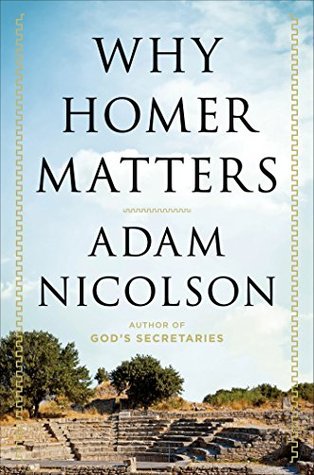More on this book
Kindle Notes & Highlights
human memory only lasts three generations: we know something of our grandparents but almost nothing, emotionally, viscerally, of what happened in the generations before them.
Epic, which was invented after memory and before history, occupies a third space in the human desire to connect the present to the past: it is the attempt to extend the qualities of memory over the reach of time embraced by history. Epic’s purpose is to make the distant past as immediate to us as our own lives, to make the great stories of long ago beautiful and painful now.
this is not a poem about then and there, but now and here. The poem describes the inner geography of those who hear it. Every aspect of it is grand metaphor. Odysseus is not sailing on the Mediterranean but through the fears and desires of a man’s life. The gods are not distant creators but elements within us: their careless pitilessness, their flaky and transient interests, their indifference, their casual selfishness, their deceit, their earth-shaking footfalls.
to live well in the world, nostalgia must be resisted; you must stay with your ship, stay tied to the present, remain mobile, keep adjusting the rig, work with the swells, watch for a wind-shift, watch as the boom swings over, engage, in other words, with the muddle and duplicity and difficulty of life. Don’t be tempted into the lovely simplicities that the heroic past seems to offer. That
Goethe thought that if only Europe had considered Homer and not the books of the Bible as its holy scripture, the whole of history would have been different, and better.
Richmond Lattimore, making his great version of the Iliad in the late 1940s, when asked “Why do another translation of Homer?” replied, “That question has no answer for those who do not know the answer already.” Why another book about
Homer? Why go for a walk? Why set sail? Why dance? Why exist?
I have a way now of finding Homer wherever I look for him. No encounter, no landscape is without its Homeric dimension.


